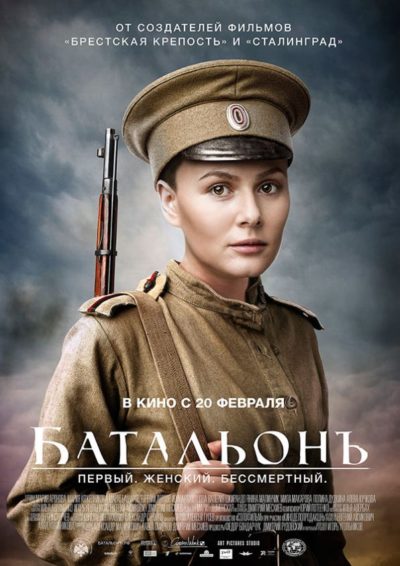★½
“You smell the farmer!”
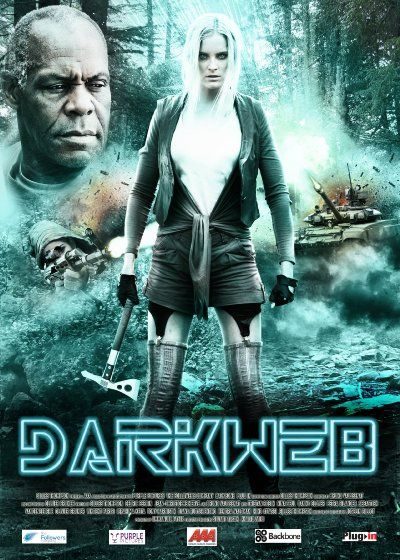 The above is one of the lines of dialogue – rewound and checked on the closed-captions to confirm – which somehow got through the script, production and editing without correction, into the final film. This, folks, is cinema as a second language. The IMDB says “USA,” but that clearly isn’t the case. I’m going with Belgian, based on the names in the credits, but whoever it is should be sending a diplomatic apology. It seems vaguely located in Russia, based mostly on the mention of roubles as currency. However, it starts with a tank rampaging through the countryside. Why? Like so much here, it’s never explained.
The above is one of the lines of dialogue – rewound and checked on the closed-captions to confirm – which somehow got through the script, production and editing without correction, into the final film. This, folks, is cinema as a second language. The IMDB says “USA,” but that clearly isn’t the case. I’m going with Belgian, based on the names in the credits, but whoever it is should be sending a diplomatic apology. It seems vaguely located in Russia, based mostly on the mention of roubles as currency. However, it starts with a tank rampaging through the countryside. Why? Like so much here, it’s never explained.
The meat of the story has a group that kidnap people, then turn them loose for others to hunt down in a forest, streaming the results on the “dark web” side of the Internet [the film’s on-screen title inexplicably loses the space]. But they bite off more than they can chew when the kidnap Anna (Seul) and her brother. Holding him hostage, she’s set loose for the sport, only for infighting and the unexpected presence of a “ringer” among the hunters, to disrupt proceedings. Can she survive? Or will she just keep tripping over things and falling down?
Oh, dear. Despite the cover which promises an adequate quota of butt-kicking, what we get is much more like a bad level of Tomb Raider, with Anna jogging around the forest, as if looking for a goddamn key. Everyone in the film is incredibly dumb, failing miserably to utilize obvious chances for taking out their enemies, typically just leaving them unconscious instead. The dialogue is barely functional, while the two “names” who appear in minor roles – Oliver Gruner and, inexplicably, Danny Glover – have clearly fallen on hard times. The latter literally Skypes in his entire performance. Much of what happens makes no sense, such as Anna’s sudden prowess with a longbow, which is used once then never mentioned again.
The film doesn’t look too bad; it’s nicely shot, and the wooded location offers a good range of terrain. The problems lie elsewhere, and are far more numerous. The title is more or less irrelevant, for starters, and the action sequences are generic and unimpressive. Few of the characters make any impression at all. If they’d given Anna some kind of back-story that could have made subsequent bad-assery plausible, that might have helped. Instead, she’s just a goat herder, and we’re given no reason to root for or care about her and her brother. But lengthy sequences of tank rampage? The film fits that in, no problem. The film doesn’t so much build to a climax as peter out. You likely won’t even think “Is that it?” so much as “Thank god that’s over.”
Dir: Bruno Vaussenat
Star: Nina Seul, Petra Silander, Sebastien Vandenberghe, Tristan Robin
a.k.a. Survival







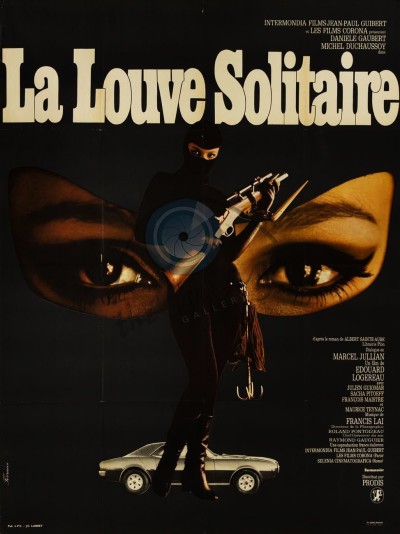
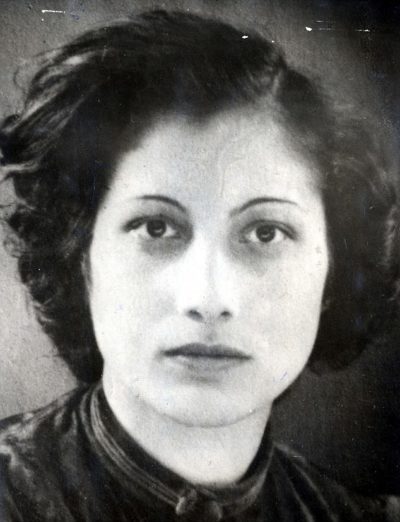
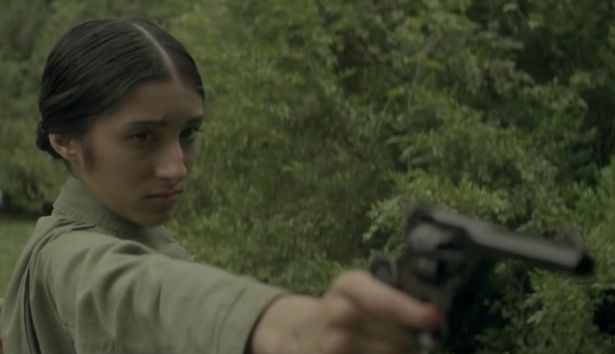
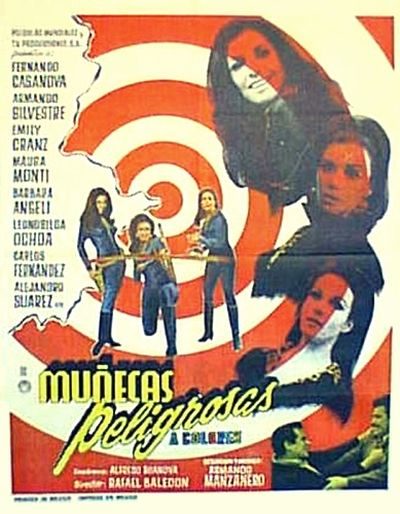
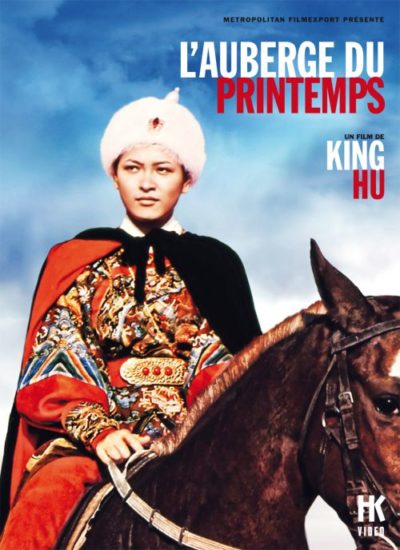
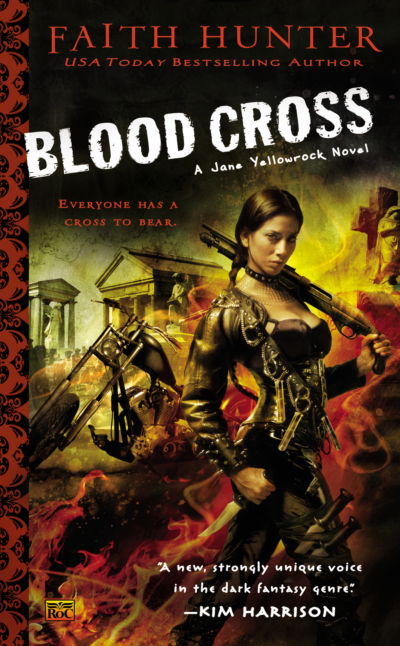

 The above is an equal-opportunity truism and, as we see here, applies just as much to the first matriarchal unit in the modern world. This was the charmingly-named 1st Women’s Battalion of Death, created late in World War I, as the Russian Revolution was taking place. Its aim was to encourage the disillusioned regular army into continuing the fight against Germany, in a “If the ladies are fighting, surely you should be, too?” kinda way. At least initially, it’s the story of two sisters, Nadya (Kuchkova) and Vera, daughters of a rich family, who volunteer for the unit after Vera’s fiance, Petya, is killed at the front. Their mother sends their maid, Froska (Rahmanova), to try and protect her daughters, as they go through the training that will turn them into soldiers capable of taking on the enemy. The film climaxes with an initially successful, but ultimately futile, offensive – while the women initially gain ground, the regular army’s morale is so broken, they don’t support the push, allowing the Germans to counterattack [this aspect is largely true to history].
The above is an equal-opportunity truism and, as we see here, applies just as much to the first matriarchal unit in the modern world. This was the charmingly-named 1st Women’s Battalion of Death, created late in World War I, as the Russian Revolution was taking place. Its aim was to encourage the disillusioned regular army into continuing the fight against Germany, in a “If the ladies are fighting, surely you should be, too?” kinda way. At least initially, it’s the story of two sisters, Nadya (Kuchkova) and Vera, daughters of a rich family, who volunteer for the unit after Vera’s fiance, Petya, is killed at the front. Their mother sends their maid, Froska (Rahmanova), to try and protect her daughters, as they go through the training that will turn them into soldiers capable of taking on the enemy. The film climaxes with an initially successful, but ultimately futile, offensive – while the women initially gain ground, the regular army’s morale is so broken, they don’t support the push, allowing the Germans to counterattack [this aspect is largely true to history].